Survivors guide to the world of Scams; FTC and Ethnic Media Services offers vital information
by Dr. Aslam Abdullah
Hardly a day minute passes for an average American without a scam call. Scammers apply all techniques to obtain as much information as they can to make you give them their hard-earned money as soon as you can. They promise to help you get a good car or better mortgage rates or better government facilities, or they threatened you with arrests if the back taxes or social security dues are unpaid instantly. They even tell you that foreign banks are ready to send you some hidden money if you pay them a small fee for managing your transactions.
Each one of us can recount the scam calls we often receive. I get two to three scam calls a week. Most of these calls have U.S. origin, but many come from overseas, like Nigeria, India, Fiji, etc.
A study published by Market Watch estimated that one in every 10 American adults lost money in a phone scam in 2017On average, each scam victim lost $430, totaling about $9.5 billion overall. That was an increase of 56% from the 2015 survey when victims lost $274 each. “No one is immune, and now more than ever, there is a need to be vigilant,” said Tom Hsieh, the vice president of growth and partnerships at TrueCaller. This Stockholm-based company offers services including caller I.D. and spam detection.
Scamming has now become a science with the use of sophisticated technology. Its widespread prevalence has led many to believe that special interest groups and Mafias in the U.S., Russia, India, and Israel might be linked with scam campaigns with the political support of the powerful, influential people. There is no study to verify this claim, but those who trace Mafia campaigns are aware of it. “These campaigns monitor headlines, current economic and political situation and obtain contact numbers of vulnerable people to obtain as much money as possible.” Says Dr. Ahmadullah Siddiqi, a media analyst and former professor of media studies at the Western Illinois University.
On May 26, 2021, The Federal Trade Commission and Ethnic Media Services held a webinar to increase and disseminate public awareness on Spotting and preventing pandemic scams and other fraud in Chicago and the Midwest. Even though it focused on Illinois, the discussion and information presented have relevance for the country’s rest. The Muslim Observer would post the recorded proceedings once available on its site.
Moderated by Sandy, Ethnic Media Services, the panel of experts and speakers included: Illinois Attorney General Kwame Raoul, Todd Kossow, Director of FTC Midwest Regional Office, Idara Essien and Agnes Ptasznik, AG Consumer Fraud Office, Christen Lee, Legal Aid Chicago, and frontline professionals
and community representatives including Fairouz AbuGhazaleh, University YMCA; Matt Hulstein, Chicago Volunteer Legal Services; Silvia Carrier, US Postal Inspector Service; Donald Trey Eakins, IRS Inspections; Steve Barnes, BBB- Chicago; Deacon Reginald Patterson, New Covenant Church; Maria Rodriguez, USCIS; Pablo Cruz, Casa Esperanza-Our Lady of Carmel; Tamara Sparks, City of Chicago Office of Business Affairs; Deidre Dyer, Cook County State Attorney’s Office; Michelle Munoz-Durk, SEC; Tavis Trumwich and Jesus Enriquez, Age Options; Young Woon Han, The Hana Center; Jessica Harris, Chicago chapter of the National Alumnae Association of Spelman College; Dr. Kinga Kosmala, Polish American Association.
The message given by all speakers was simple and clear. Scammers thrive on catastrophes and hardships. It impacts diverse communities. Information is an effective antidote to scams that promote fake cures, bogus test sites, get-rich-quick schemes, business and government impostors, and romance scams. “Scammers have access to data of vulnerable communities and isolated individuals, and they have an elaborate network to scam people of their money.
The antidote is to be vigilant and never share personal information with anyone claiming to represent the government of civic bodies on the phone or in person unless all steps to verification are complete. The Muslim Observer posed a question on phone scams originating from India. It read: What is being done to monitor the phone call scams engineered by Indian nationals with political ties with the ruling nationalist party, the BJP? Thousands of American citizens have become victims of these scams. As reported, the scam money is funding the activities of those who promote hatred and lynching of minorities in India?
The FTC official Koslow responded We can’t speak to the political aspect of the question. Still, we know that many of the illegal robocalls being made to people in the U.S. are coming from call centers in India. We know that many IRS and Social Security imposter calls come from India, as do many tech support scam calls. Criminal authorities in the U.S. and India have taken action to shut down some of these call centers. For its part, the FTC has focused on trying to stop the calls from entering the U.S. telephone system by taking action against Voice-Over-Internet Protocol (VOIP) providers who are providing these call centers with access to the U.S. telephone system.
The webinar organizer shared the following contacts for learning more about fraud and taking action.
https://www.cvls.org/get-
312-332-8785.
https://www.bbb.org/
https://www.consumer.ftc.gov/
https://www.consumer.ftc.gov/
Better Business Bureau of Chicago and Northern Illinois
https://www.consumer.ftc.gov/
Also in Simplified Chinese: https://www.consumer.
IMMIGRATION FRAUD:
Maria del Carmen Rodriguez, Community Relations Officer, U.S. Citizenship and Immigration Services, USCIS Chicago District 34, 101 West Ida B. Wells Drive, Chicago, IL 60605, Maria.D.Rodriguez@
Complain Mail fraud at www.uspis.gov. Also, if someone mails money and thinks it was a scam, notify their local post office or call postal inspectors at 877-876-2455. We can try and intercept the mailing and return it.






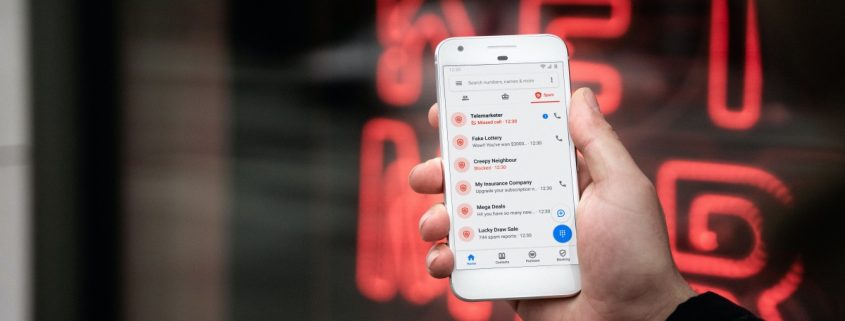
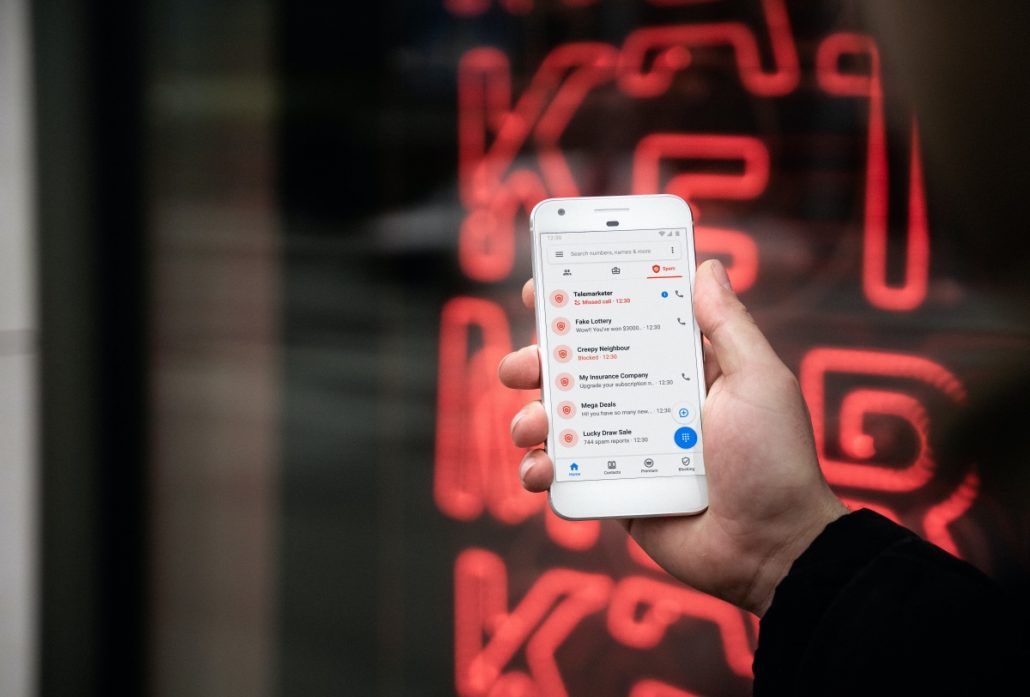

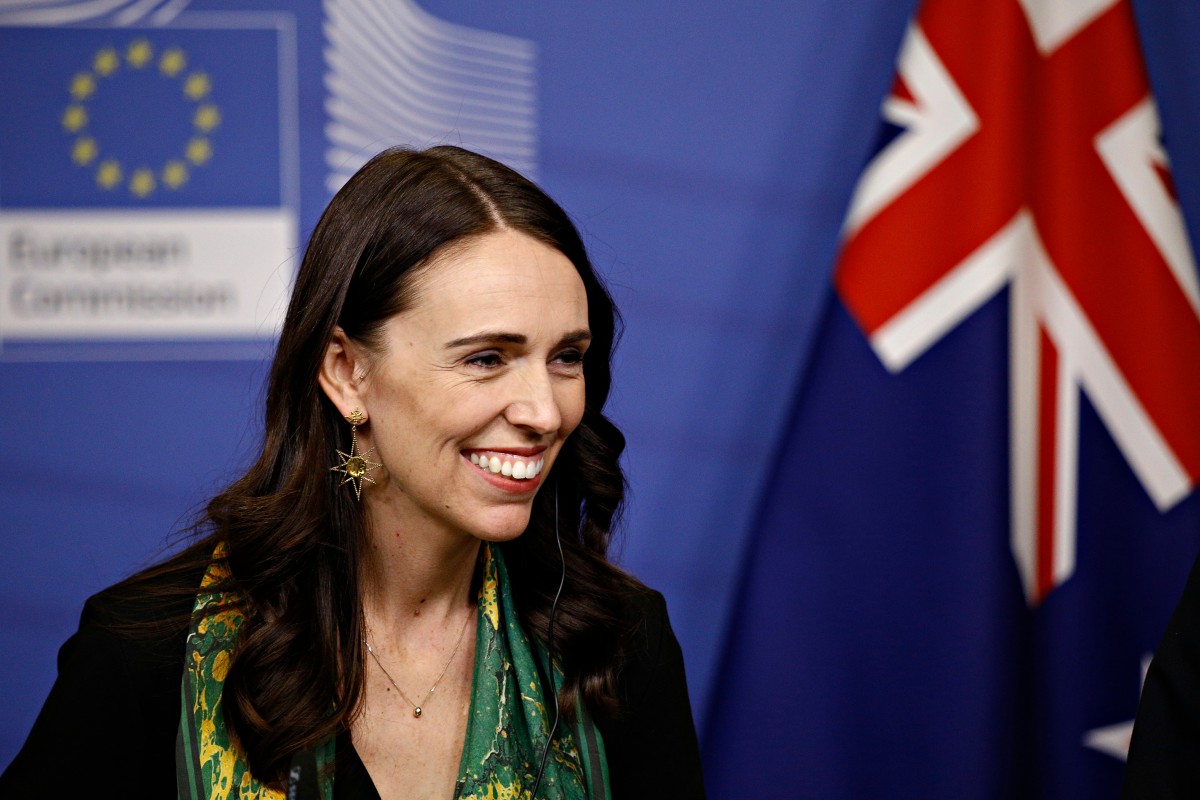
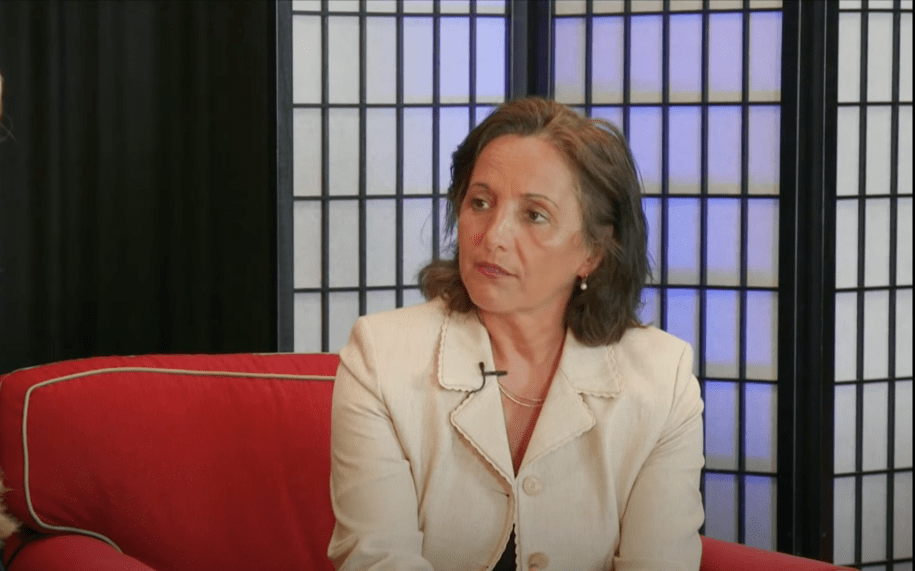
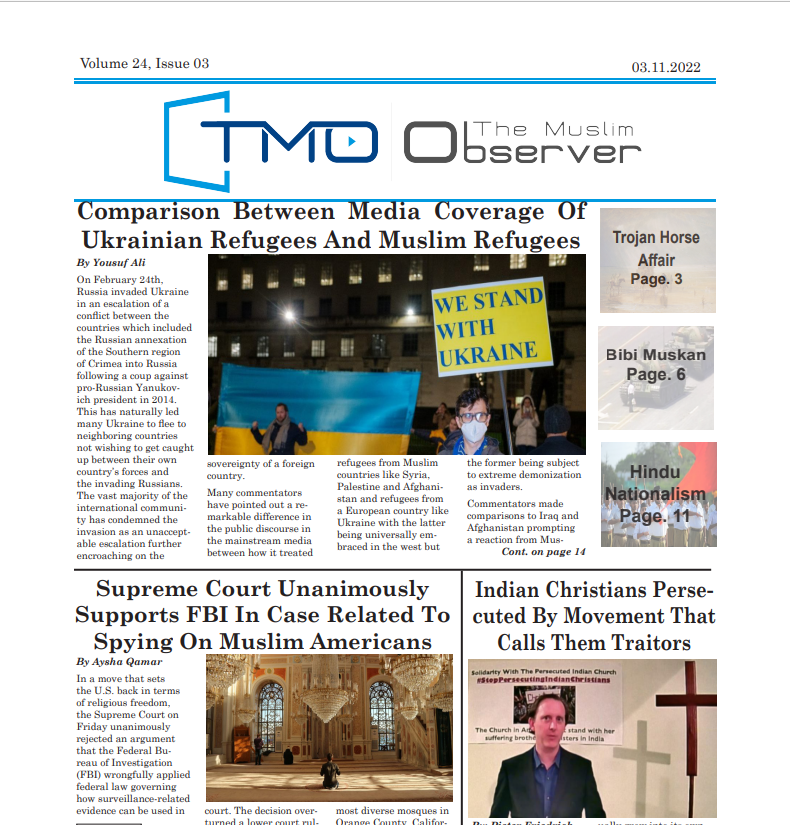
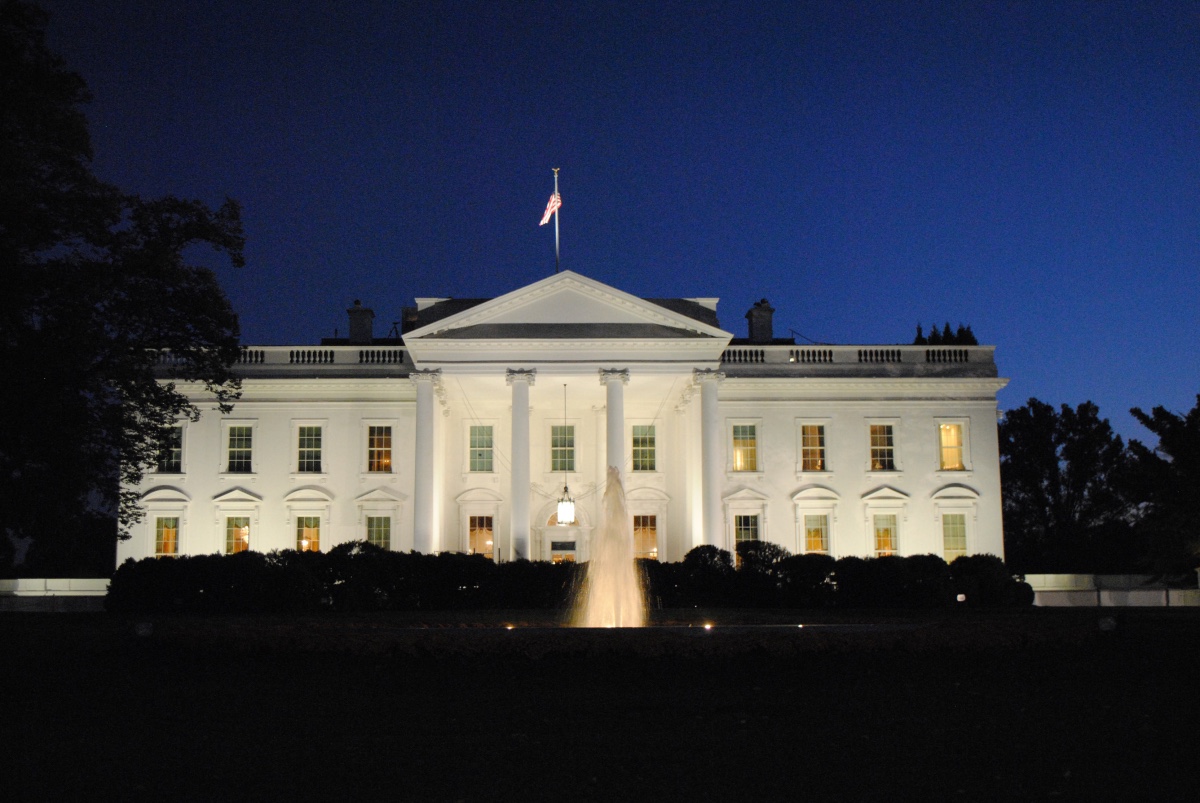

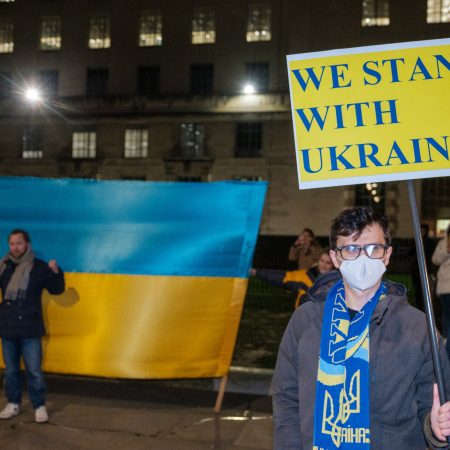






2021
1,670 views
views
0
comments